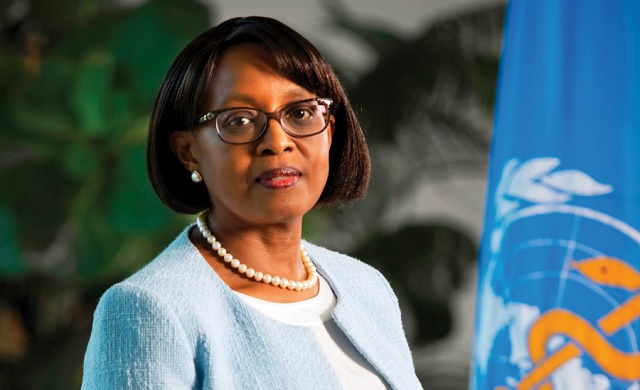
Kampala, Uganda | THE INDEPENDENT | The WHO regional Director for Africa, Matshidiso Moeti, believes that the best way to end preventable epidemics is for governments to engage with communities to help understand how the disease is transmitted. She spoke in interview with SciDev.Net about cholera outbreak.
Why do you think an outbreak of cholera is still a big challenge for the African continent?
Cholera has been referred to as a disease of inequity, driven mostly by inadequate access to safe clean water and hygiene facilities. Unfortunately, the African continent still has a high proportion of households with limited or no access to safe water and hygiene facilities.
The continent has a high number of people affected by drought, floods and displacements, which are factors that increase the vulnerability to cholera outbreaks.
Even though cholera can be easily treated, if sick people do not have access to health facilities … it can result in high mortality. Access to health care is further compounded in conditions of drought, floods or displacements.
What future health system do you envisage can help end preventable epidemics such as cholera?
Prevention of cholera requires investment in the provision of safe water and hygiene infrastructure such as toilets.
In the health sector, to end preventable epidemics such as cholera, national governments should engage with communities to help understand how the disease is transmitted and what can be done at the community level to mitigate outbreaks.
In the wake of the rise in cholera cases globally, a huge strain has been put on the availability of vaccines. In your view, has the COVID-19 pandemic left enough lessons that can help to deal with the situation? How?
Yes, there are many lessons from the COVID-19 pandemic that can help deal with the situation.
During the pandemic, governments and other funders made resources available for research and development of new vaccines. Such investment shortened the research and development time drastically. Similar interventions can help increase the number and types of cholera vaccines.
Africa’s cholera outbreaks have come in the midst of extreme climatic events, military and political conflicts, financial crises, weak health workforce and outbreaks of other infections such as COVID-19 and wild polio. How is the WHO-Africa working with countries to navigate through such challenges, in the context of the cholera outbreak?
WHO has been working with countries to augment their response capacities, build capacity, advocate, mobilize resources, fill in critical gaps and engender joint action by the countries affected.
From our Contingency Fund for Emergencies, US$5.4 million has been disbursed to countries … to support response actions. Despite the shortage of vaccines, 3.4 million doses of the oral cholera vaccine have been secured so far for campaigns in Kenya, Democratic Republic of Congo and Mozambique.
 The Independent Uganda: You get the Truth we Pay the Price
The Independent Uganda: You get the Truth we Pay the Price



